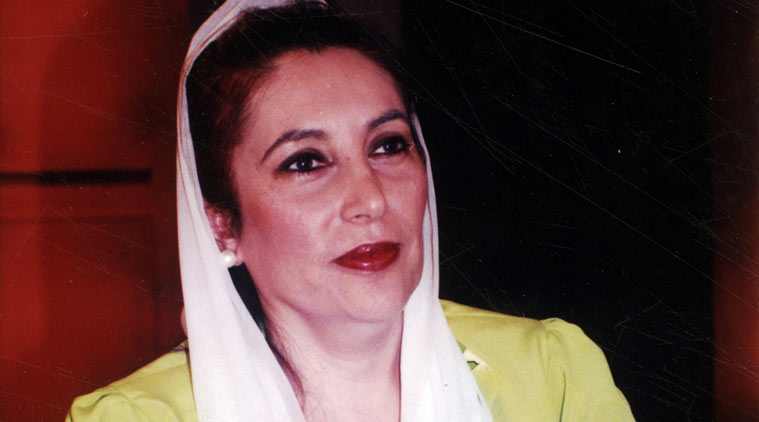 English
English

The ATC in Pakistan’s Rawalpindi recently declared that the assassination of former prime minister Benazir Bhutto was preventable.

Islamabad: The anti-terrorism court (ATC) in Pakistan's Rawalpindi recently declared that the assassination of former prime minister Benazir Bhutto was preventable.
The ATC, which announced its verdict on Thursday, stated that the assassination of Benazir "could have been prevented if the Rawalpindi District Police had taken adequate security measures.
The ATC, in its 46-page long order, concluded that "Bhutto was killed in an attack as a result of firing, followed by a bomb blast caused by an unknown suicide bomber on her way back from addressing a political gathering at Liaquat Bagh."
The court order also said that no one believes that a 15-year-old boy all alone detonated the explosives near Bhutto's car, as she left the rally.
"A range of government officials failed profoundly in their efforts first to protect Bhutto and second to investigate with vigour all those responsible for her murder, not only in the execution of the attack, but also in its conception, planning and financing," it said.
However, the court admitted of not knowing the exact cause of her death as the post-mortem examination was not conducted during the course of the investigation.
Judge Asghar Khan of the ATC has acquitted all the five accused arrested in the Benazir Bhutto murder case and declared former president Pervez Musharraf an absconder.
The court has also sentenced former Rawalpindi CPO Saud Aziz and former Rawal Town SP Khurram Shahzad for 17 years of imprisonment each.
Benazir Bhutto, who was the Pakistan People's Party (PPP) chief and a two-time prime minister of Pakistan, was assassinated in a suicide attack at an election campaign rally at the Liaquat Bagh in Rawalpindi on December 27, 2007. ( ANI)